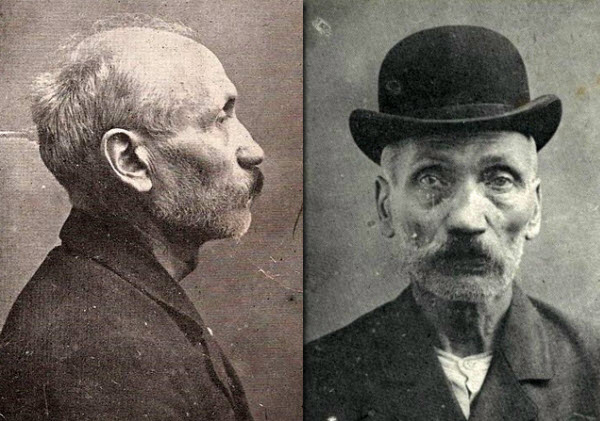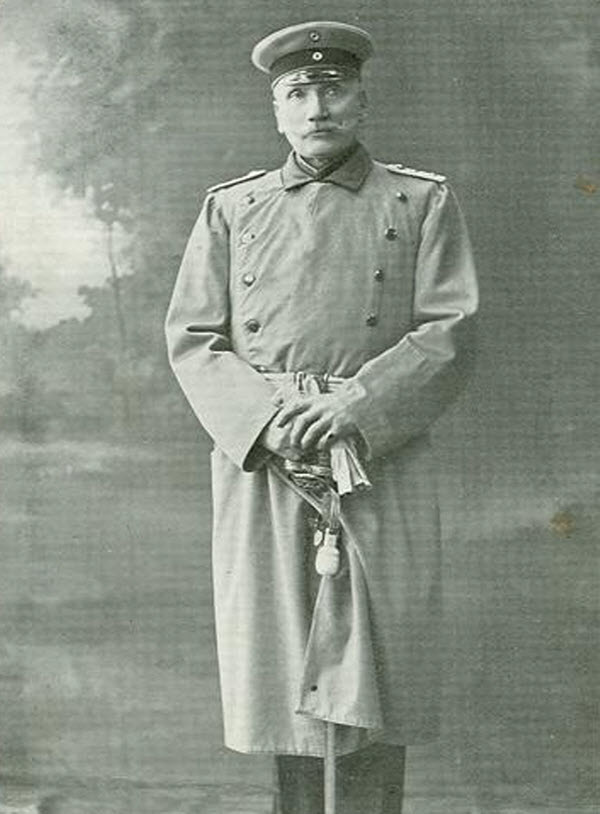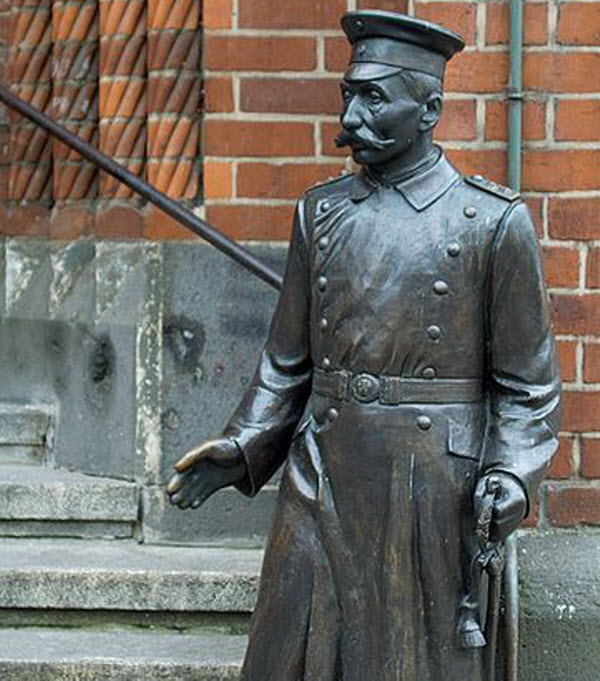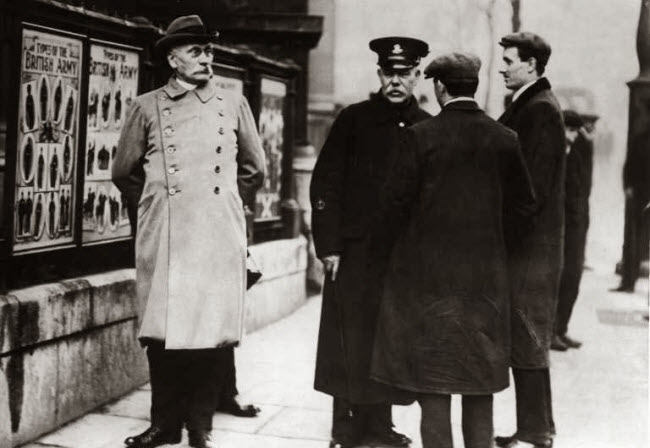The gift of persuasion is a rare talent, one that not everyone is blessed with. Some use this ability for positive purposes, such as in acting or public speaking. However, others may choose to apply it for darker purposes, like committing crimes. One such individual was Wilhelm Voigt, a German with a natural flair for persuasion and daring. His charm allowed him to convince anyone of anything, and it’s said that if he had used his talents differently, he might have become a renowned politician. Instead, he chose a life of crime, most famously stealing 4000 German marks from a city hall and arresting its mayor—with the unsuspecting help of the police and army. Even the German Emperor couldn’t hide his admiration for the audacity of Voigt’s plan, remarking that such genius is rare to come by.
The events of this incredible story unfolded at the turn of the 20th century. Born in 1849 in the Tilsit region, Wilhelm Voigt’s criminal career began at the tender age of 14. In 1863, his first arrest landed him in prison for two weeks. Upon his release, he was expelled from school, leaving him no choice but to enter his family’s shoemaking business. However, Voigt’s passion for crime never faded. His relentless involvement in theft, forgery, and burglary made him a frequent guest of various prisons, where he spent nearly 27 years of his life, including a 15-year sentence for attempting to rob a court cashier’s office.

By 1906, Voigt was once again a free man, but his prospects were bleak. After moving to Berlin to live with his sister, he briefly found work as a shoemaker, only to be fired due to his criminal record. With no job, money, or clear future, Voigt decided to fake his departure to Hamburg, tricking authorities into believing he had left Berlin. In reality, he remained in the city as an unregistered resident. But a simple life in hiding wasn’t enough for Voigt. He had bigger ambitions—he wanted to commit a legendary heist that would earn him fame and infamy.
To execute his plan, Voigt meticulously assembled a military officer’s uniform, stealing pieces from local shops. He paid special attention to detail, knowing that his disguise needed to be flawless if people were to believe he was a high-ranking army officer. His target: the mayor of Köpenick, a town near Berlin. But before making his move, Voigt spent three months in preparation, from August to October of 1906, wandering the streets in his uniform and giving orders to civilians and soldiers alike. To his amusement, no one questioned him. Everyone complied with his commands.
Confident that the time had come, Voigt boarded a train to Tegel, a small town near Berlin, where he audaciously recruited a military unit stationed there. With his newfound “troops,” he marched to Köpenick’s town hall, where he ordered his men to surround the building and block all exits. Then, with complete confidence, he instructed the local police to prevent any phone calls for an hour and arrested the mayor on charges of financial fraud, claiming the mayor would be taken to Berlin for questioning. As the soldiers escorted the bewildered mayor away, Voigt calmly walked out of the town hall carrying a cash box containing 4000 marks, vanishing without a trace.

It wasn’t long before the German authorities realized they had been duped, but by then it was too late. The press quickly picked up the story, and it spread like wildfire. Surprisingly, no one blamed the soldiers or police for their role in the heist, as they had simply followed their orders. On October 26, Voigt was finally arrested, betrayed by a former cellmate who knew about his plan and hoped to collect a reward. He was sentenced to four years in prison for forgery, impersonating an officer, and theft. However, the Kaiser, Wilhelm II, was so impressed by the cleverness of the scheme and the loyalty shown by his soldiers that he reduced Voigt’s sentence to two years. Voigt was released shortly after.

Upon his release, Wilhelm Voigt found himself transformed from a petty criminal into a folk hero. People admired his wit and audacity, and his story captured the public’s imagination. He went on to write a book about his exploits, which sold well, and posed for photographs in his military uniform, signing autographs for admirers. A wealthy widow even granted him a pension, and a local restaurant offered him free meals for life. Voigt spent his remaining years living peacefully in Luxembourg, passing away in 1922.
Today, Wilhelm Voigt’s legacy lives on. A statue of him stands in Köpenick, where his legendary heist took place. In 2006, the German postal service even issued a commemorative stamp featuring his image, celebrating his bold theft as one of the most ingenious crimes of the century.
